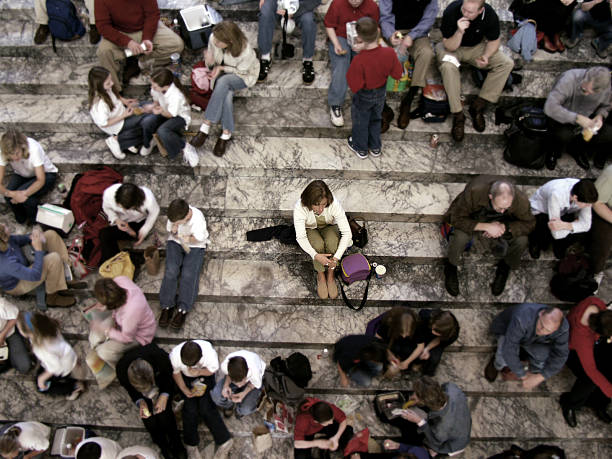Reimagining the Role of Loneliness in the Modern Society
In the unfolding panorama of human existence, one emotion that is often misunderstood and stigmatized is loneliness. The societal perception of loneliness has mostly been negative, painting it as an undesirable state of solitude. Yet, as we navigate the complexities of the 21st century, we might need to reshape our understanding of loneliness. Read below as we delve into the changing dimensions of this universal emotion.

A Historical Perspective on Loneliness
Loneliness, as an emotion, has been present across different epochs of human history, but its interpretation has varied widely. Historically, solitude was seen as a gateway to spiritual awakening and self-discovery. However, with the advent of industrialization and urbanization, the perception of loneliness shifted. It began to be associated with alienation, depression, and social dysfunction.
The Modern Interpretation of Loneliness
In today’s hyper-connected world, loneliness might seem paradoxical. Yet, it is a pervasive emotion. Research indicates that despite the multitude of digital platforms facilitating social interaction, people feel more alienated than before. Here, it is crucial to differentiate between solitude and loneliness. While solitude is a voluntary state of being alone, loneliness is an involuntary emotional response to perceived social isolation.
Loneliness as a Catalyst for Personal Growth
Despite its negative connotations, loneliness can potentially be a catalyst for personal growth and self-discovery. It can be a period of introspection, where individuals can reconnect with their inner selves and reassess their life trajectories. Some experts argue that experiencing loneliness can enhance empathy, improve emotional resilience, and foster creativity.
Loneliness in the Societal Context
On a societal level, acknowledging and understanding loneliness can lead to more inclusive communities. Recognizing that loneliness is a universal emotion experienced by all irrespective of age, gender, or social status can foster empathy and bridge societal divides. Moreover, reframing our perception of loneliness can help de-stigmatize mental health issues, leading to more open conversations and effective support systems.
Towards a More Compassionate Society
As we move forward, we need to reimagine loneliness as not just a state to be avoided, but a part of our emotional spectrum that can be harnessed for personal and societal growth. By doing so, we can create a more compassionate society that acknowledges and validates diverse emotional experiences.
In summary, the modern society’s relationship with loneliness is complex and multi-faceted. While it is essential to address the negative implications of chronic loneliness, we must also explore its potential as a catalyst for personal growth and societal change. By reshaping our understanding of loneliness, we can foster a more inclusive, empathetic, and emotionally literate society.





